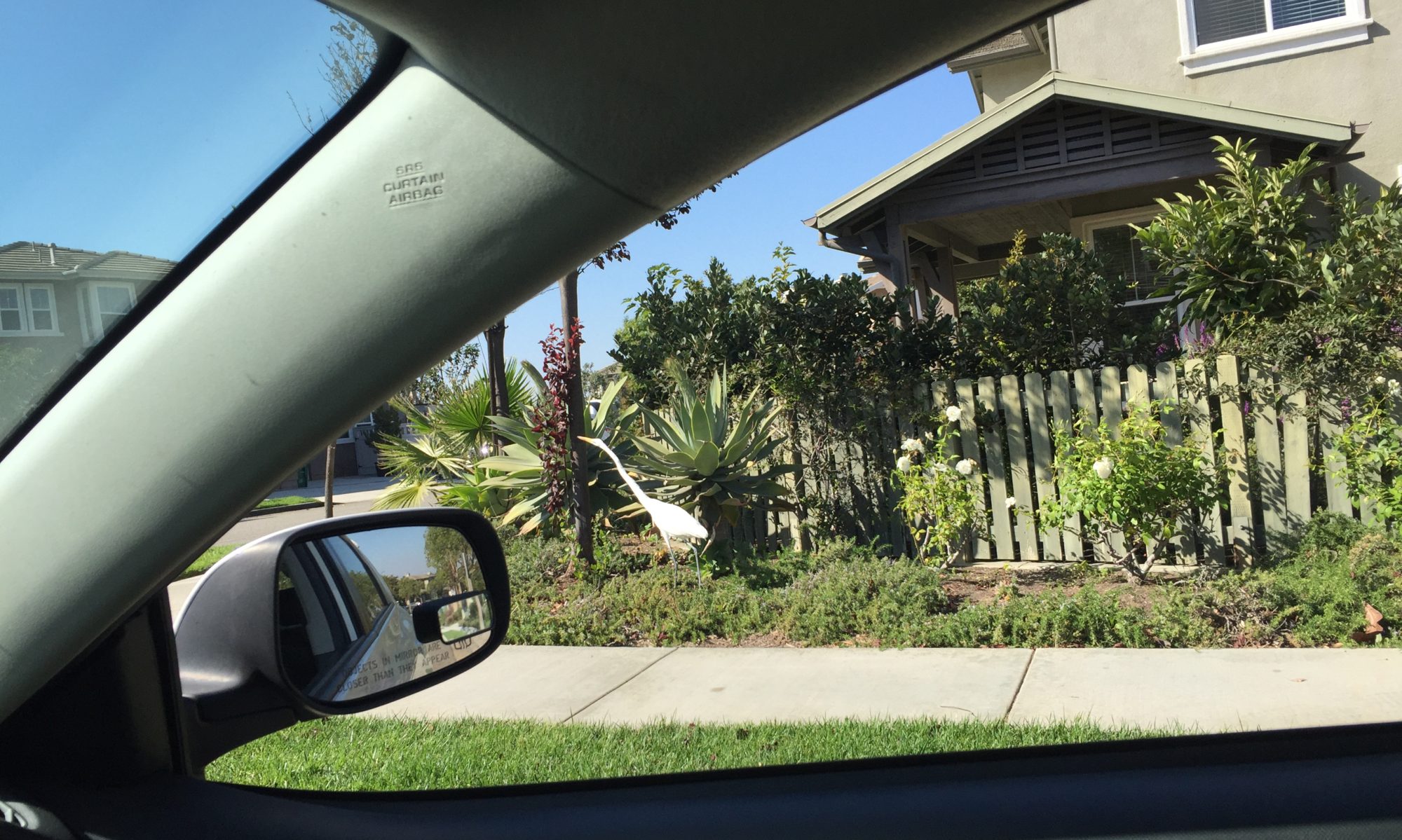Pistachios of the sea piled high in heaps
still tangled in their unscrubbed iodine
beards, animate rocaille against which
are set in glossy not to say slimy
iridescent rows racasse, mullet, John Dory,
conger, their inert but unglaucous eyes
peering up at saffrony mid-day while
on another makeshift stand, translucent
husks peeling in wisps from involuted
heads, rise mounds of fresh garlic—makings
of a fine bouillabaisse I shall not eat.
I dream a little and lift the chill
glass goblet, in whose milky contents
float opaque bluish cubes, up above
a red-checkered table cloth and a basket
of bias-cut crusts of crisp baguette—no joke!
Then, lip-synching towards the dappled patch
of cobalt sea beyond the ovate hulls of moored
yachts sleek in the soft sun, I utter these words
as they form in my mind: à la bonne mienne.
This is no museum. This is not even
a glossy coffee-table book. No still life
smells of Gauloises, geraniums, marine gas.
The cobble rim of the wharf has not been built up
in layers with linseed oil, though where sloshed wet
by chop splashed from below subtle highlights
have been made to gleam. The background babble
of a thousand words in Provençal French
is part of this picture, like appetite whetted
by anisette, pushing me at the riotous pull
of lives I only imagine but long to slip on,
clothes which I would then be able to slip off.
Soon, over his aproned paunch, the garçon
will slide a porcelain plate of crudités
before my eyes, an idea I had never
entertained, like artichokes, aubergines,
like a kiosk, newspapers on display,
like this place to sit, eat, compose, thoughts
to be sure but this pastiche as well, in which
signal flags flap in a stiff onshore breeze,
façades scintillate in undulating
plein-air, windows open not in, not out,
and the concavity of a simple spoon
reflects everything contained.
***
I have tweaked and brought back this four-year old poem because I realized that it foreshadowed, at my unbeknowst, my current interest in the techniques of painting. Starting with two still-lifes, it modulates into a marine landscape and then a cafe-terrace-cum-street scene before finishing with a trompe-l’oeil close-up. Un pastis à Bandol is as well a token of my enchantment with Provence, which was fueled by my first visit to Richard Olney in Solliès-Toucas in 1969, later others there and to nearby Bandol, where I often stopped to see the Peyraud family at Domaine Tempier and taste in their cellars. Richard was the second important mentor in my life, though in retrospect I can see that it was not cooking as such which I learned from him. I am a much better poet than chef, if I do say so myself. I was thinking the other day that if I had only composed a poem for each of the many complex festive meals I prepared (like these), I would have left a richer legacy behind. I dare say this would not have been the preference of my friends and family. Good food is much easier to digest than poetry.
